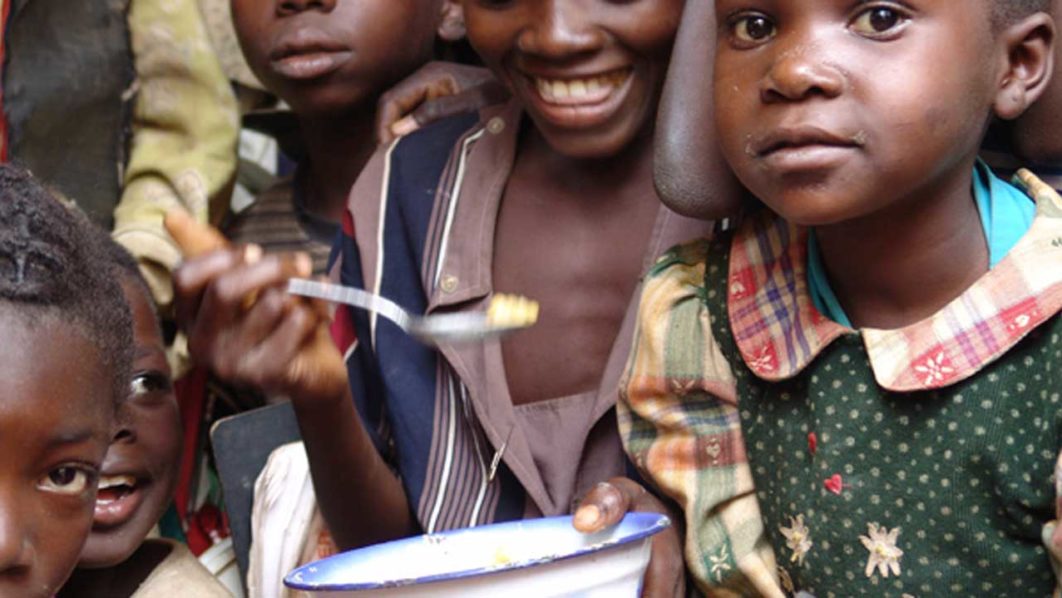
Save the Children International (SCI) has revealed that globally, about 17.6 million children would be born into hunger in 2023.
The research conducted by the international Child right organization showed that about 33 children are born into hunger every 33 minutes and that the figure is a 22 per cent jump from what it was a decade ago.
Using the latest country data on the prevalence of undernourishment from the Food and Agriculture Organization of the UN (FAO) and UN estimates on the number of births, it was discovered that about one-fifth newborns will face hunger this year compared to 2013 when 14.4 million children were born into the grips of hunger.
SCI noted that economic instability, conflicts and repeated climate shocks have contributed to a devastating hunger crisis that is affecting every corner of the world. “According to the analysis, Africa and Asia account for 95 per cent of the world’s undernourished births in 2023. The data did not include the impact the escalation of violence in the occupied Palestinian territory is having on hunger or the birth rate in the region.”
Regional Director for Advocacy, Campaigns, Communications and Media for Save the Children in West and Central Africa, Vishna Shah-Little said: “More than 17 million newborns will this year enter a world where hunger will eat away at their childhood. Hunger will destroy their dreams, silence their play, disrupt their education, and threaten their lives.”
She lamented that “the future of these children is already compromised before they even take their first breath. We must protect their childhoods and futures before it’s too late.”
The research found out that the Democratic Republic of Congo (DRC) will have the highest number of babies born undernourished this year as about 1.5 million newborns are projected to be born into the grips of hunger in the DRC – the highest number recorded for the country since FAO records began in 2001.
Projections indicated that in 2023, an estimated 6.6 million children under the age of five will be undernourished in the DRC.






